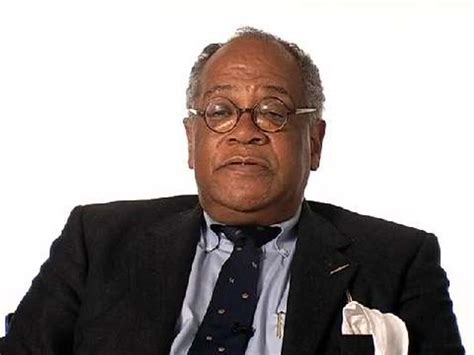A Quote by M. H. Abrams
We are human, and nothing is more interesting to us than humanity. The appeal of literature is that it is so thoroughly a human thing — by, for and about human beings. If you lose that focus, you obviate the source of the power and permanence of literature.
Related Quotes
Artists use frauds to make human beings seem more wonderful than they really are. Dancers show us human beings who move much more gracefully than human beings really move. Films and books and plays show us people talking much more entertainingly than people really talk, make paltry human enterprises seem important. Singers and musicians show us human beings making sounds far more lovely than human beings really make. Architects give us temples in which something marvelous is obviously going on. Actually, practically nothing is going on.
Literature gives us models of living human beings who may not agree with us and even be our enemies. D. H. Lawrence said that the purpose of literature was to expand our sympathies. To be a human being is to be in a state of tension between your appetites and your dreams, and the social realities around you and your obligations to your fellow man. And this conflict cannot be easily reconciled. The tension is always there as a kind of a pain in the human condition.
The experience I'm talking about has given me one certainty: the salvation of this human world lies nowhere else than in the human heart, in the human power to reflect, in human meekness and in human responsibility. Without a global revolution in human consciousness, nothing will change for the better, and the catastrophe toward which this world is headed will be unavoidable.
The question should not be 'What would Jesus do?' but rather, more dangerously, 'What would Jesus have me do?' The onus is not on Jesus but on us, for Jesus did not come to ask semidivine human beings to do impossible things. He came to ask human beings to live up to their full humanity; he wants us to live in the full implication of our human gifts, and that is far more demanding.


































